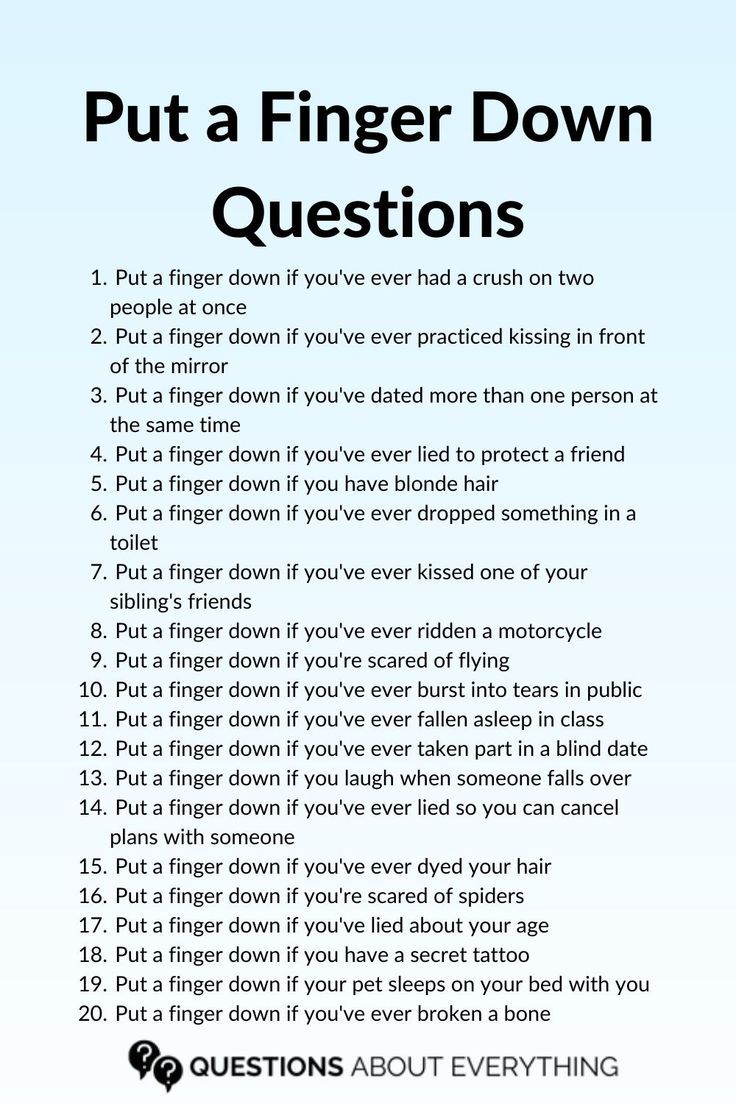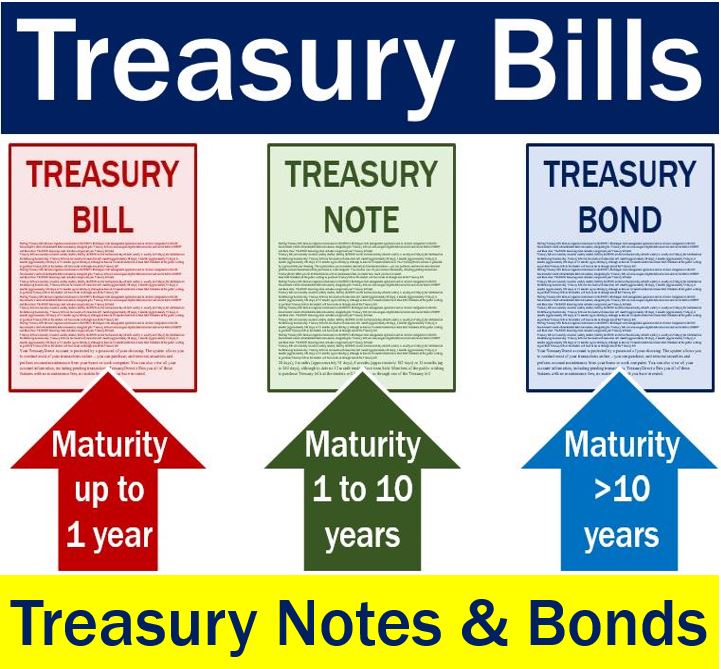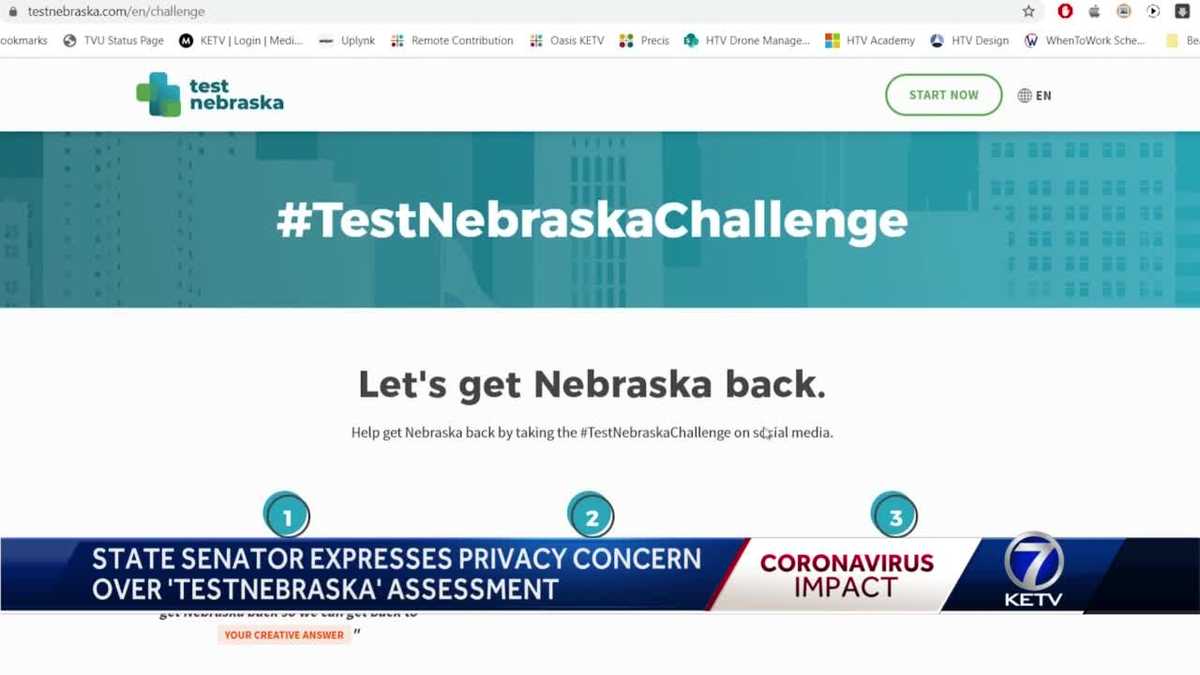Put A Finger Down: Has TikTok Misled You About ADHD?

Table of Contents
The Allure of ADHD Content on TikTok
TikTok's algorithm thrives on relatability. For those questioning ADHD symptoms, the platform offers a seemingly supportive community. This is especially appealing given the potential difficulties in obtaining a professional diagnosis.
Relatable Content and Community Building
The ease of connecting with others facing similar challenges is a significant draw of ADHD TikTok. Many find comfort and validation in shared experiences.
- Popular Trends and Hashtags: #ADHD, #ADHDTok, #ADHDlife, #neurodivergent, and countless other hashtags connect users with similar experiences, creating a sense of belonging. Challenges like the "ADHD brain" memes resonate deeply with those who recognize the described struggles.
- Positive Aspects of Community: Finding others who "get it" can be incredibly validating and reduce feelings of isolation. This shared experience can foster a sense of community and provide emotional support.
The Risk of Misinformation and Self-Diagnosis
While the sense of community is invaluable, relying solely on TikTok for ADHD information is extremely risky. The platform lacks professional medical oversight, leading to potential misinformation and inaccurate self-diagnosis.
- Inaccurate Information: TikTok videos often contain inaccurate information about ADHD symptoms, treatment options, and the diagnostic process. Some videos promote unproven "cures" or treatments, while others misrepresent the complexities of the condition.
- Dangers of Self-Diagnosis: Self-diagnosing ADHD based on TikTok content can lead to delayed or inappropriate treatment. Misinterpreting symptoms can result in unnecessary worry or a failure to address underlying mental health concerns. A proper diagnosis requires a comprehensive evaluation by a qualified professional.
TikTok's Influence on ADHD Perceptions
TikTok's portrayal of ADHD significantly influences public perception. While some content promotes understanding and acceptance, other content can reinforce negative stereotypes or trivialize the condition.
The "Neurodiversity" Trend and its Implications
The neurodiversity movement champions acceptance of neurological differences. While TikTok can help spread awareness, it's crucial to discern accurate portrayals from potentially harmful stereotypes.
- Positive Portrayals: Many creators share their experiences authentically, highlighting both the challenges and strengths associated with ADHD. This can foster empathy and understanding among viewers.
- Negative Portrayals: Some content may unintentionally perpetuate harmful stereotypes, presenting ADHD as solely a source of comedic relief or quirky behavior. This can lead to stigmatization and minimize the serious impact the condition can have on individuals' lives.
Impact on Treatment Decisions and Medication
The influence of TikTok extends to treatment decisions, including medication. The platform lacks the safeguards needed to ensure ethical and safe discussions of medication.
- Promotion or Discouragement of Treatments: Some videos promote or discourage specific treatments, medications, or therapies without professional guidance. This can be particularly dangerous as medication decisions require careful consideration by a healthcare provider.
- Ethical Concerns: The promotion of medication or treatment without professional oversight raises significant ethical concerns. Users should never rely on social media for medical advice, especially regarding potentially powerful medications.
Finding Accurate Information About ADHD
Navigating the digital world requires critical evaluation of sources. Reliable information on ADHD should come from qualified professionals and reputable organizations.
Reliable Sources and Professional Guidance
Seeking a professional diagnosis and treatment plan is crucial. Do not rely on social media for medical advice.
- Trusted Resources: For accurate information about ADHD, consult the following:
- CHADD (Children and Adults with Attention-Deficit/Hyperactivity Disorder): [Insert CHADD website link here]
- ADDitude Magazine: [Insert ADDitude Magazine website link here]
- Your Doctor or Psychiatrist: A qualified healthcare professional can provide a proper diagnosis and develop a personalized treatment plan.
- Importance of Professional Help: A professional assessment includes thorough evaluations, ruling out other conditions, and determining the best course of treatment, including medication or therapy.
Critical Evaluation of Online Content
Develop your skills in media literacy to distinguish credible sources from misinformation.
- Identifying Credible Sources: Look for sources with verifiable credentials, evidence-based information, and a lack of bias or conflict of interest.
- Spotting Misinformation: Be wary of claims that sound too good to be true, lack scientific evidence, or promote unproven treatments.
Conclusion
ADHD TikTok offers a sense of community but also presents considerable risks. Misinformation and inaccurate self-diagnosis can have serious consequences. While the platform provides a space for sharing experiences, it's crucial to approach information critically and prioritize professional guidance. Don't let misleading TikTok ADHD content guide your health journey. Seek professional help for accurate diagnosis and treatment. Learn more about reliable ADHD resources today!

Featured Posts
-
 Understanding The Treasury Market Shift Insights From April 8th
Apr 29, 2025
Understanding The Treasury Market Shift Insights From April 8th
Apr 29, 2025 -
 Arne Slots Liverpool A Premier League Contenders Story
Apr 29, 2025
Arne Slots Liverpool A Premier League Contenders Story
Apr 29, 2025 -
 Huaweis Exclusive Ai Chipset Challenging Nvidias Lead In The Global Market
Apr 29, 2025
Huaweis Exclusive Ai Chipset Challenging Nvidias Lead In The Global Market
Apr 29, 2025 -
 Hollywood At A Standstill The Combined Writers And Actors Strike
Apr 29, 2025
Hollywood At A Standstill The Combined Writers And Actors Strike
Apr 29, 2025 -
 Kaiserslautern Bayern Muenchen Die Champions League Partie
Apr 29, 2025
Kaiserslautern Bayern Muenchen Die Champions League Partie
Apr 29, 2025
Latest Posts
-
 Anomalnoe Teplo Privelo K Zakrytiyu Gorok V Chelyabinske
Apr 30, 2025
Anomalnoe Teplo Privelo K Zakrytiyu Gorok V Chelyabinske
Apr 30, 2025 -
 Nebraska Senators Express Concerns Over Proposed Gretna Development
Apr 30, 2025
Nebraska Senators Express Concerns Over Proposed Gretna Development
Apr 30, 2025 -
 Iz Za Tepla V Chelyabinske Zakryty Vse Gorki
Apr 30, 2025
Iz Za Tepla V Chelyabinske Zakryty Vse Gorki
Apr 30, 2025 -
 Biker Hospitalized After Serious Accident Involving A Lorry
Apr 30, 2025
Biker Hospitalized After Serious Accident Involving A Lorry
Apr 30, 2025 -
 Doubt Cast On Gretna Mega Development By Nebraska Lawmakers
Apr 30, 2025
Doubt Cast On Gretna Mega Development By Nebraska Lawmakers
Apr 30, 2025
